Namibia’s diverse landscapes, including the Namib Desert and the Skeleton Coast, offer unique experiences for travelers seeking wildlife encounters. Understanding the best time for game-watching is essential to maximize your chances of observing the animals you desire. Generally, the dry season, from May to October, is considered the ideal time for game viewing in Namibia. During this period, vegetation is sparse, making it easier to spot wildlife gathering around water sources. Additionally, cooler temperatures encourage animals to be more active during the day, increasing opportunities for sightings. However, each region and national park in Namibia may have its own peak game-viewing season, so researching specific destinations is recommended for a well-planned safari experience.
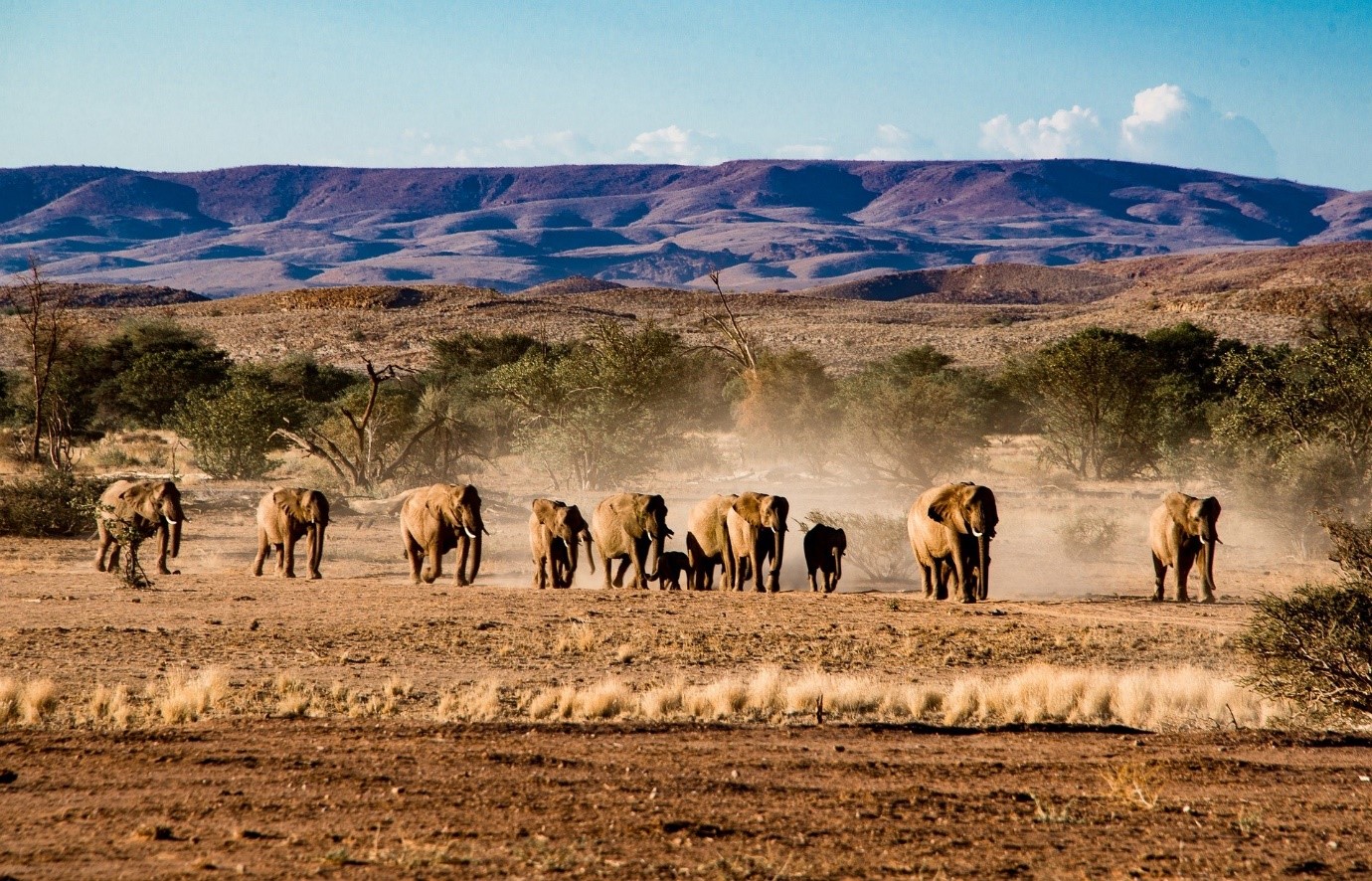
Etosha National Park
Etosha National Park stands out as one of Namibia’s premier tourist destinations, offering visitors the chance to witness iconic African wildlife such as giraffes, elephants, and lions. The dry season, spanning from May to October, emerges as the prime window for exploring Etosha due to its pleasant weather conditions and sparse water sources within the park. During this time, animals congregate around remaining waterholes, facilitating easier sightings against the backdrop of shorter grass.
Conversely, the rainy season from November to April brings lush vegetation to Etosha, presenting challenges for wildlife viewing as animals blend into the verdant surroundings. Moreover, the rainy season prompts animals to disperse in search of water, reducing visibility. For those seeking a quieter experience, visiting during the shoulder season from November to April offers solitude amidst potential rainfall and higher temperatures, yet provides intimate encounters with the park’s inhabitants. Understanding these seasonal dynamics ensures travelers can optimize their Etosha experience based on personal preferences and wildlife-watching goals.
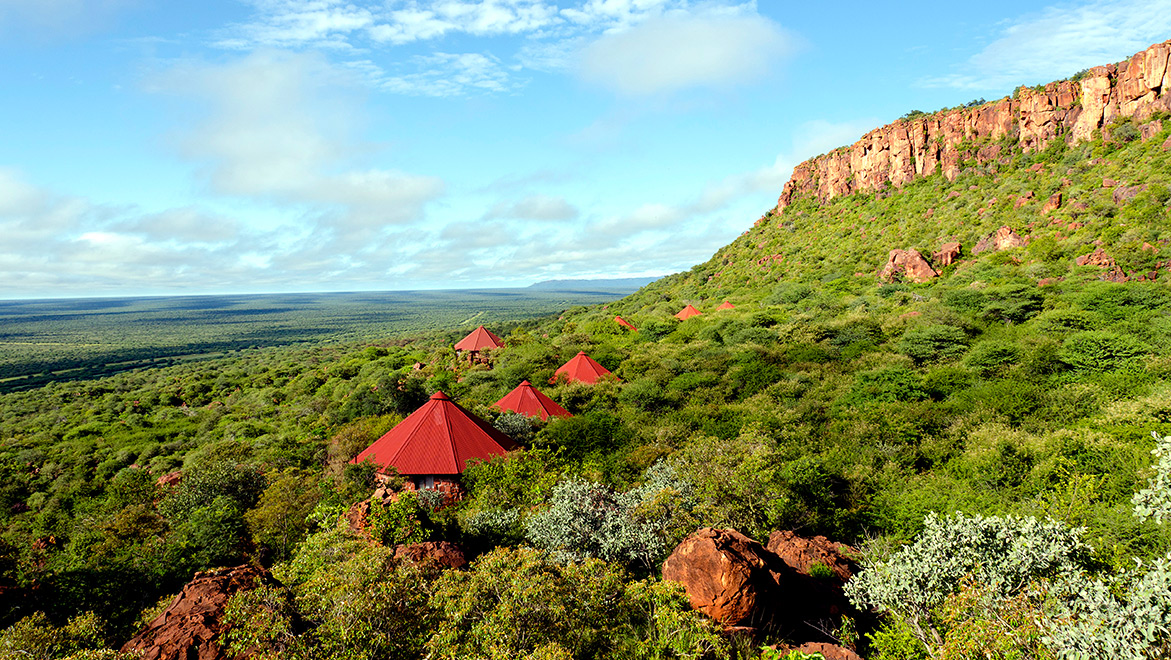
Waterberg Plateau
The Waterberg Plateau, situated in the heart of Namibia, stands as a captivating destination renowned for its stunning landscapes and rich biodiversity. The dry season from May to October emerges as the optimal time for game viewing on the plateau, characterized by reduced foliage and heightened animal activity during the cooler temperatures of the day. These conditions facilitate easier wildlife sightings and enhance the overall visitor experience.
Home to a diverse array of species, the Waterberg Plateau harbors wildlife of significant conservation value, including rare and endangered animals such as black and white rhinoceroses. The successful reintroduction efforts of these rhinoceros species signify a remarkable conservation achievement within the park. Visitors to the area may also encounter buffalo, leopards, and various antelope species, adding to the allure of exploring the plateau’s natural wonders. As a bastion of biodiversity and conservation efforts, the Waterberg Plateau offers travelers a unique opportunity to witness Namibia’s wildlife heritage in its natural habitat.
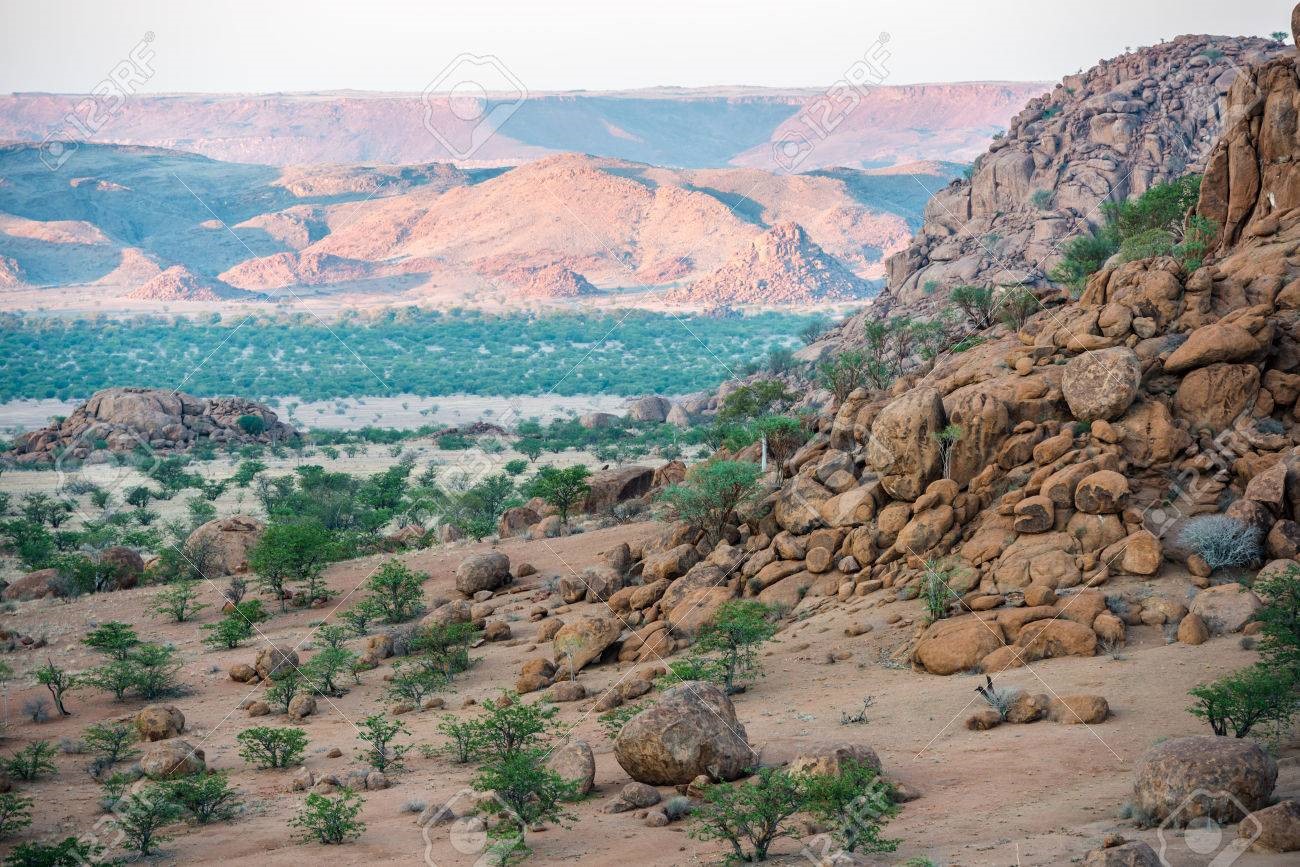
Kunene Region
The Kunene Region, nestled in northern Namibia, stands as a rugged and sparsely populated area renowned for its rocky terrain and unique desert-adapted wildlife. The dry season from May to October emerges as the prime time for game viewing in the region, as water sources become scarce, drawing many animals to the remaining waterholes for sustenance and survival.
Among the distinctive fauna of the Kunene Region, the desert-adapted elephant holds particular allure, showcasing adaptations such as shorter tusks and broader feet to thrive in the harsh desert environment. Visitors to the region may also encounter other remarkable species like Hartmann’s mountain zebra, giraffes, and various antelope species, each contributing to the region’s rich biodiversity and offering visitors a rare glimpse into the wonders of Namibia’s desert wilderness. As a haven for unique wildlife and rugged landscapes, the Kunene Region promises an unforgettable adventure for nature enthusiasts and wildlife lovers alike.
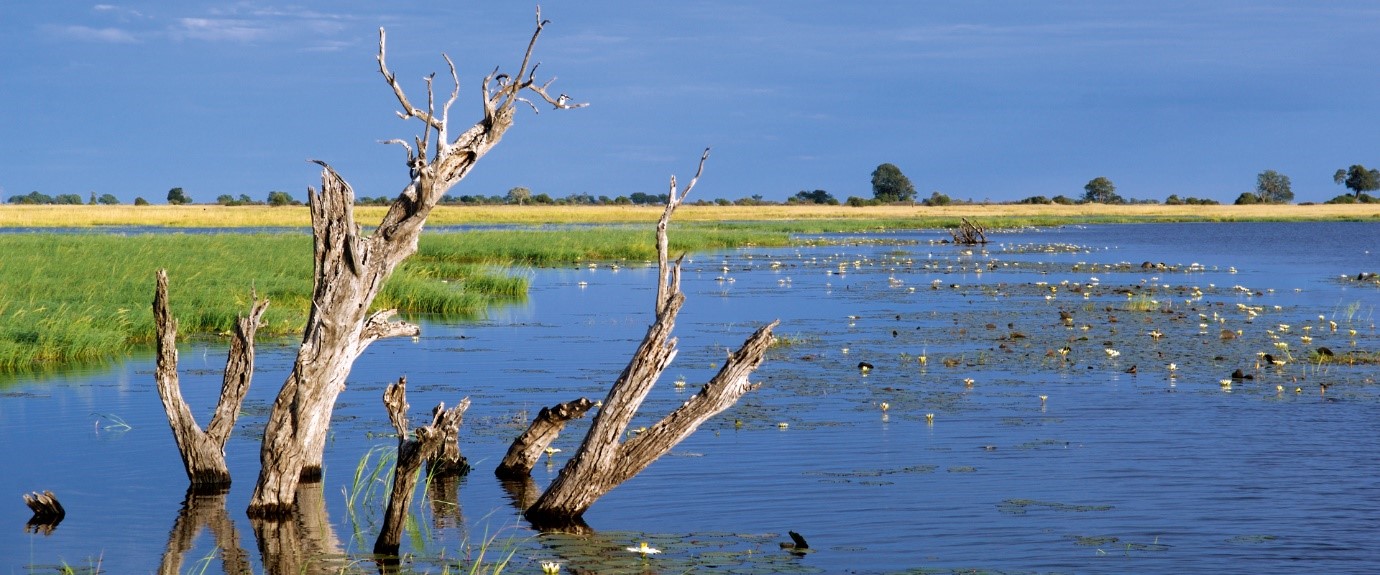
Zambezi Region
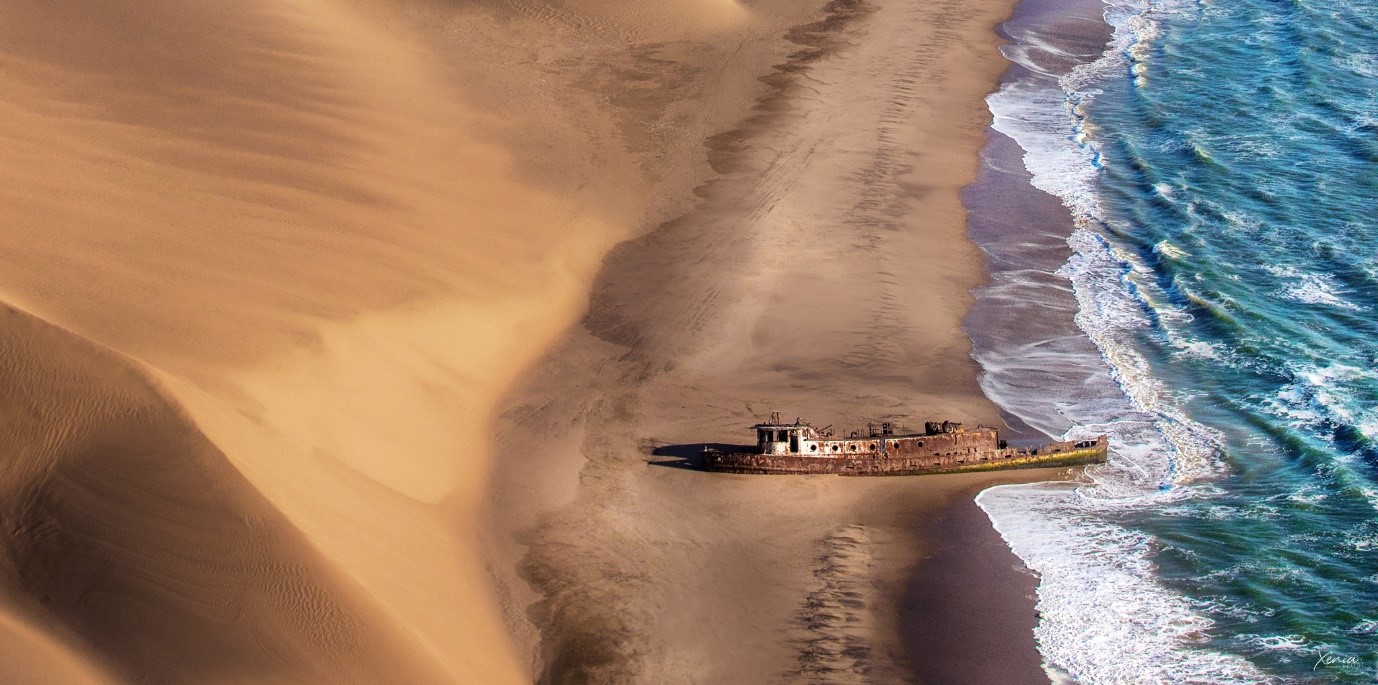
Skeleton Coast
The Skeleton Coast, a stretch of remote coastline in northern Namibia, is renowned for its rugged landscapes and diverse wildlife. The dry season, spanning from May to October, offers optimal conditions for wildlife viewing along the Skeleton Coast. With sparse vegetation and cooler temperatures, animals are more active during the day, often congregating around remaining water sources.
Among the unique species inhabiting the Skeleton Coast is the desert-adapted lion, emblematic of the region’s harsh yet remarkable environment. Other inhabitants include hyenas, jackals, and various antelope species. Visitors to the Skeleton Coast during the dry season may witness these fascinating creatures against the backdrop of its awe-inspiring landscapes, creating unforgettable wildlife encounters amidst the desolate beauty of Namibia’s coast.
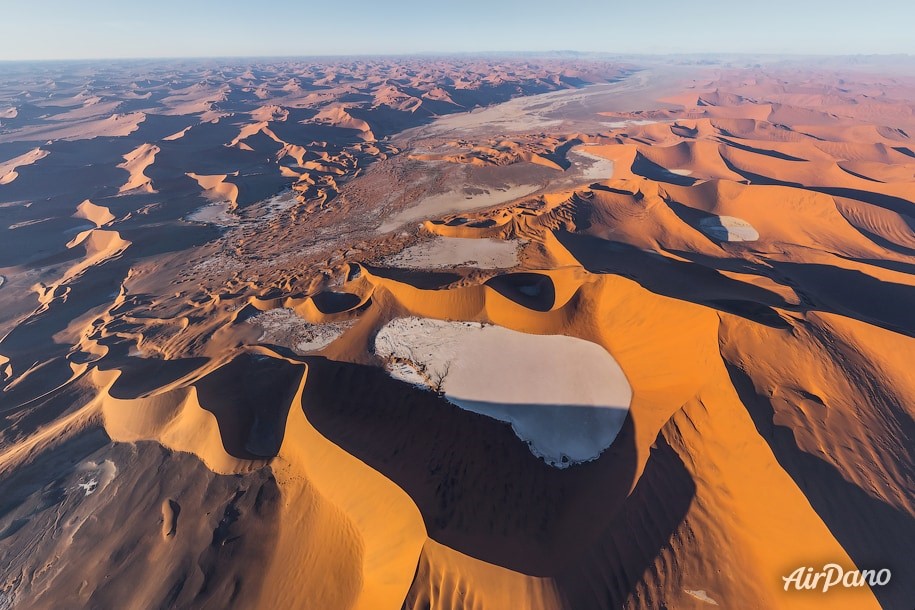
Desert of the Namib
The Namib Desert, characterized by its vast expanses and unique wildlife, is a prominent feature of western Namibia. During the dry season, from May to October, the desert offers optimal conditions for wildlife observation. With lower temperatures and sparse vegetation, many animals, including the desert-adapted elephant, exhibit increased activity during the day, often congregating near remaining water sources.
Home to a variety of unique and endangered species, the Namib Desert presents opportunities to encounter emblematic creatures such as the desert-adapted elephant, which has evolved to thrive in the desert’s harsh environment. Other notable inhabitants include gemsbok, springbok, as well as diverse bird species like ostriches and weavers. Exploring the Namib Desert during the dry season provides visitors with a chance to witness these remarkable animals against the backdrop of the desert’s awe-inspiring landscapes, creating memorable experiences in Namibia’s pristine wilderness.
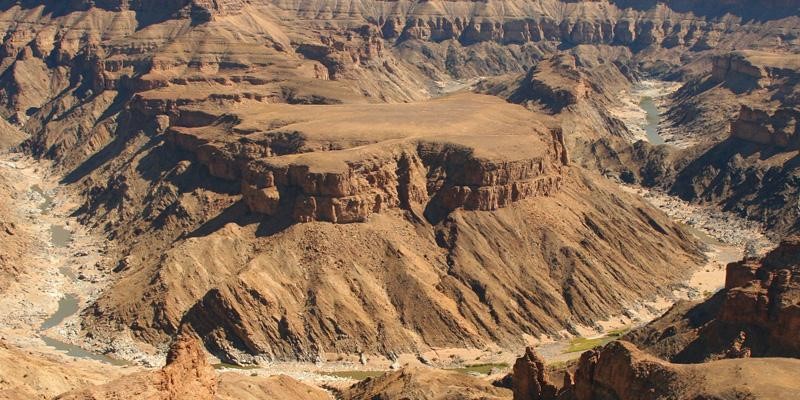
Fish River Canyon
The Fish River Canyon stands out as one of Namibia’s premier tourist destinations, celebrated for its stunning landscapes and unique biodiversity. Tourists often opt for game drives to explore the canyon and its surroundings, offering opportunities to encounter diverse species of wildlife amidst the spectacular rock formations.
Visitors to Fish River Canyon experience two distinct seasons: the dry season, spanning from April to October, and the rainy season, from November to March. Characterized by hot and dry weather, temperatures in the canyon typically range between 25 to 40 degrees Celsius, attracting adventurers and nature enthusiasts seeking to immerse themselves in the awe-inspiring beauty of this natural wonder. Whether exploring the canyon during the dry or rainy season, travelers are sure to be captivated by its unparalleled scenery and remarkable ecological diversity.
The best season to visit Fish River Canyon
The dry season, spanning from April to October, presents the optimal conditions for game drives in Fish River Canyon, Namibia. With the arid climate and parched environment, wildlife becomes more active during the day, offering tourists sightings of various species like springboks, gemsboks, hartebeest, and kudus. For the best experience, early morning and late afternoon game drives are recommended when temperatures are cooler, and animal activity is at its peak.
Conversely, game drives during the rainy season, from November to March, pose challenges due to dense vegetation and higher temperatures, making it harder to spot wildlife. However, this season unveils a verdant landscape with blooming wildflowers and diverse bird species. Visitors may also explore the dry Fish River, which might have flowing water during the rainy season, and witness breeding activities among the wildlife, offering a unique perspective on the canyon’s ecosystem.


